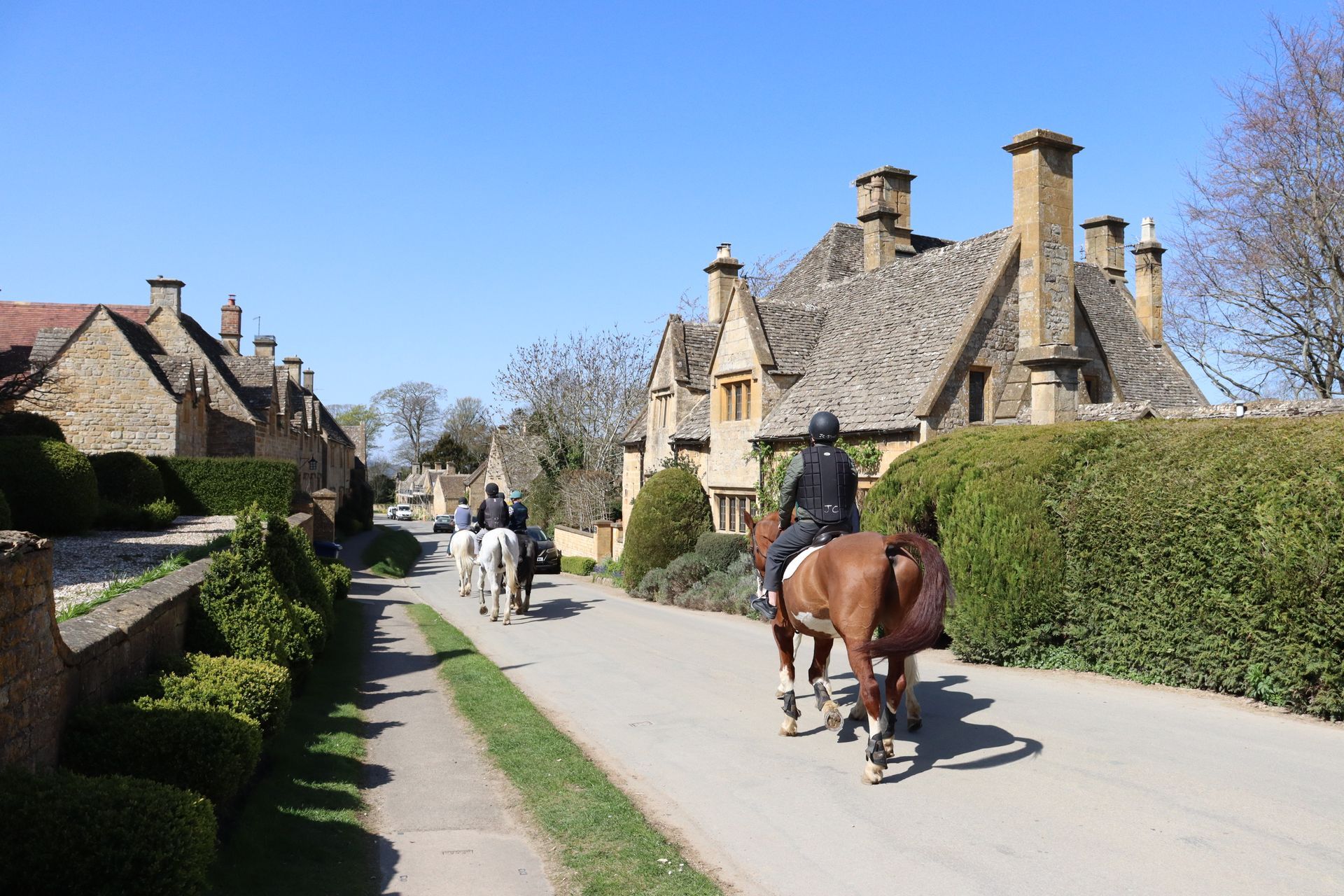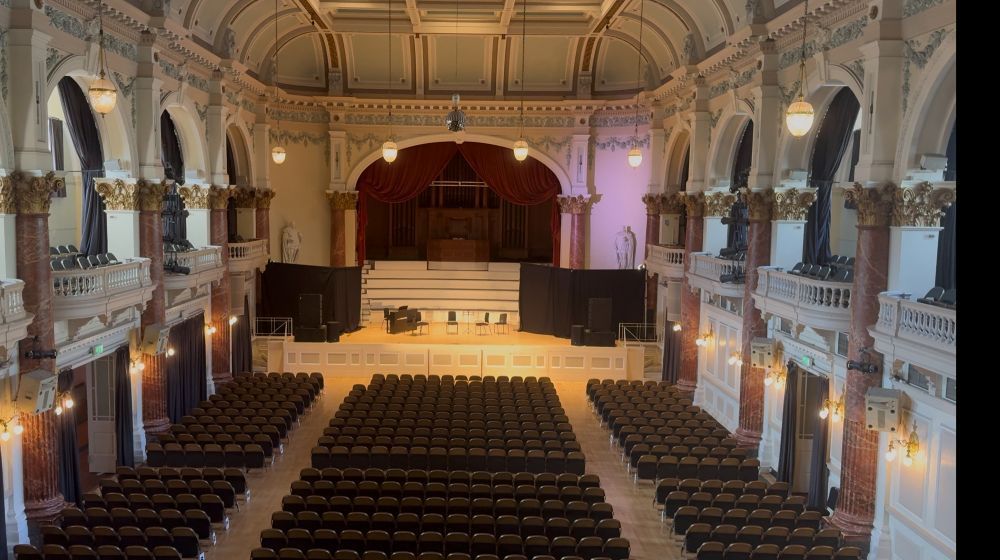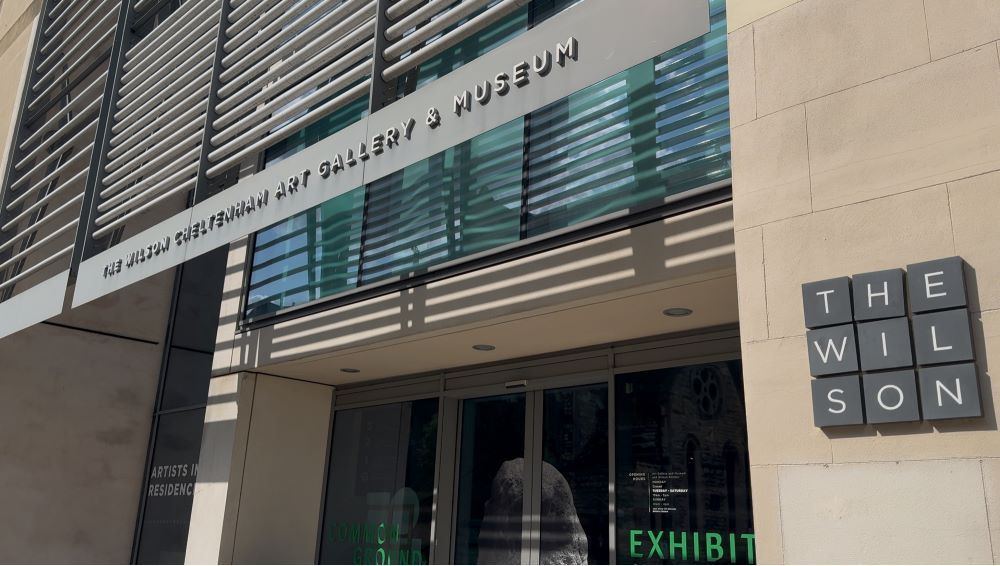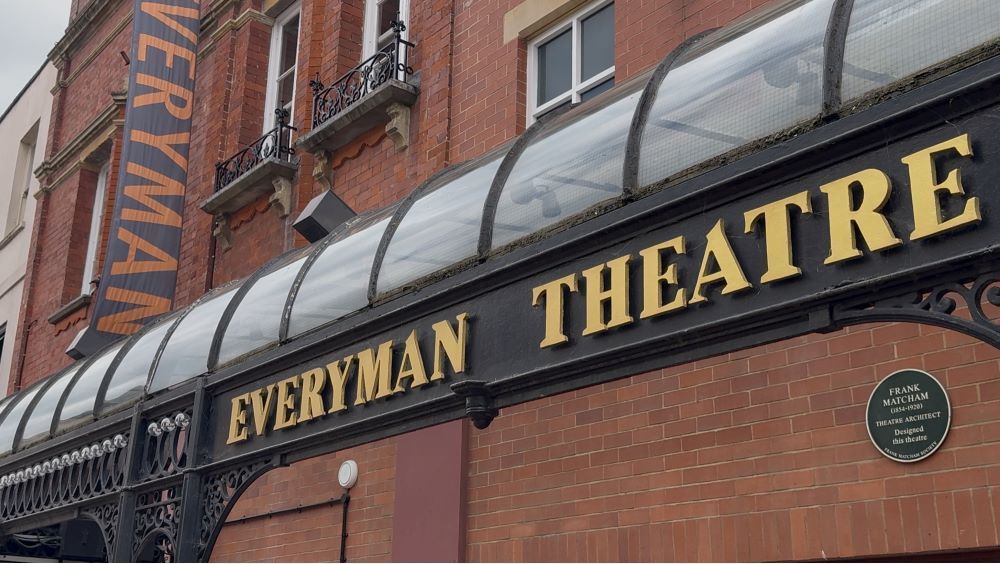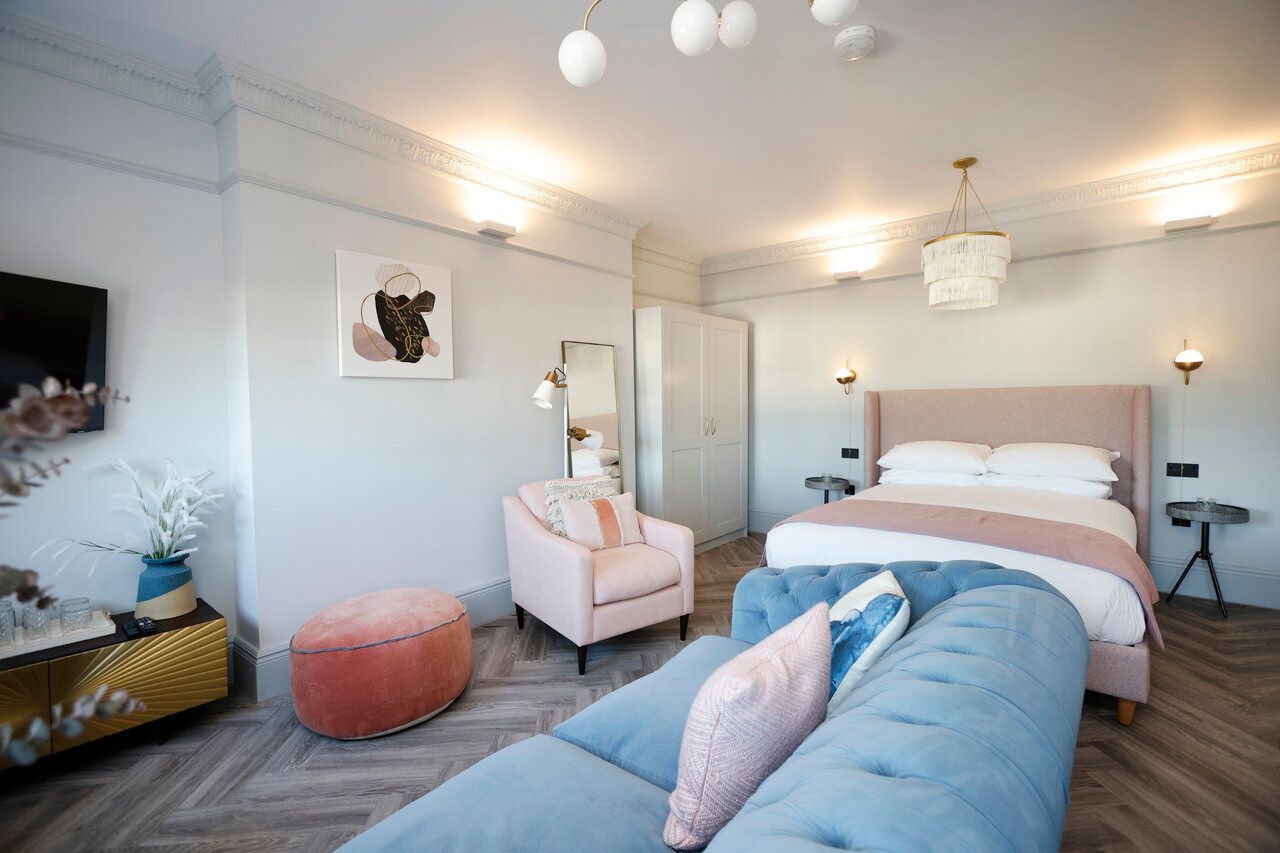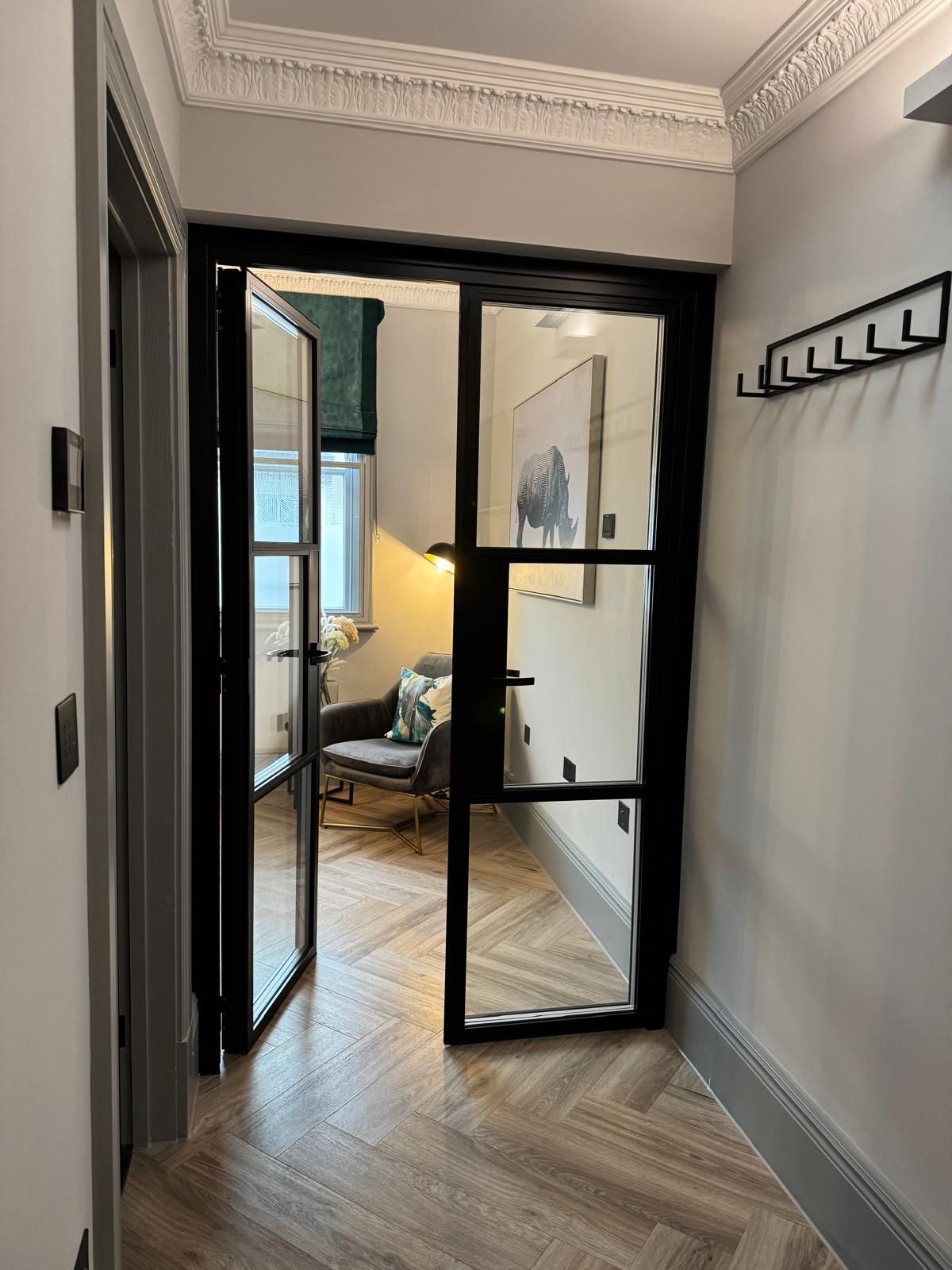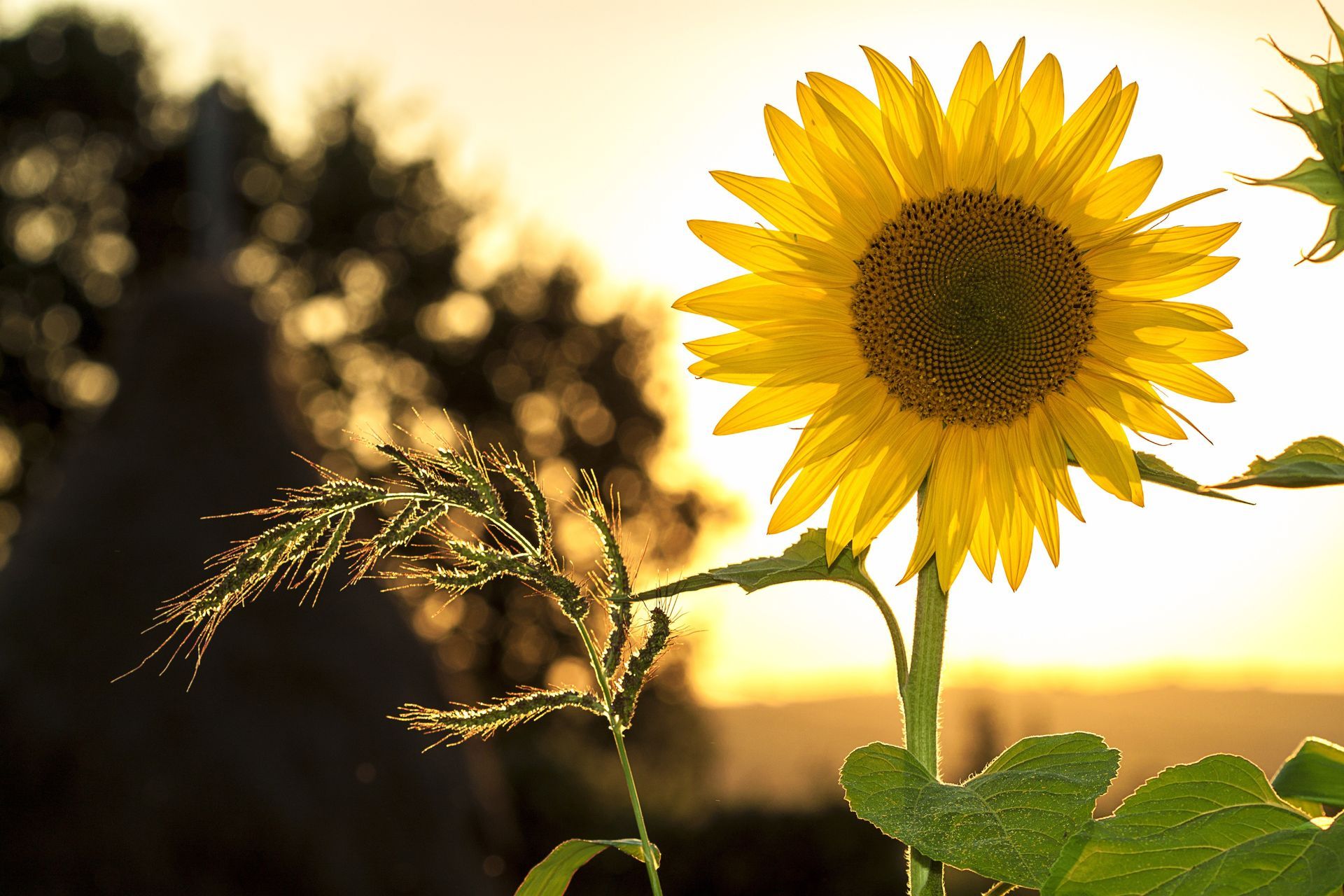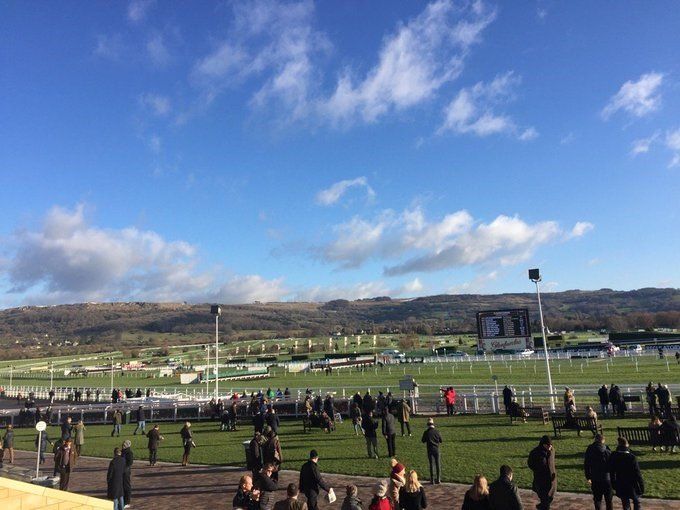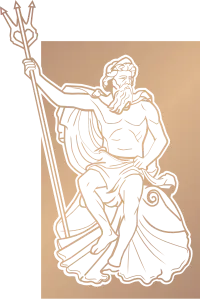Discover Cheltenham's Green Spaces
Let us guide you through some of the highlights
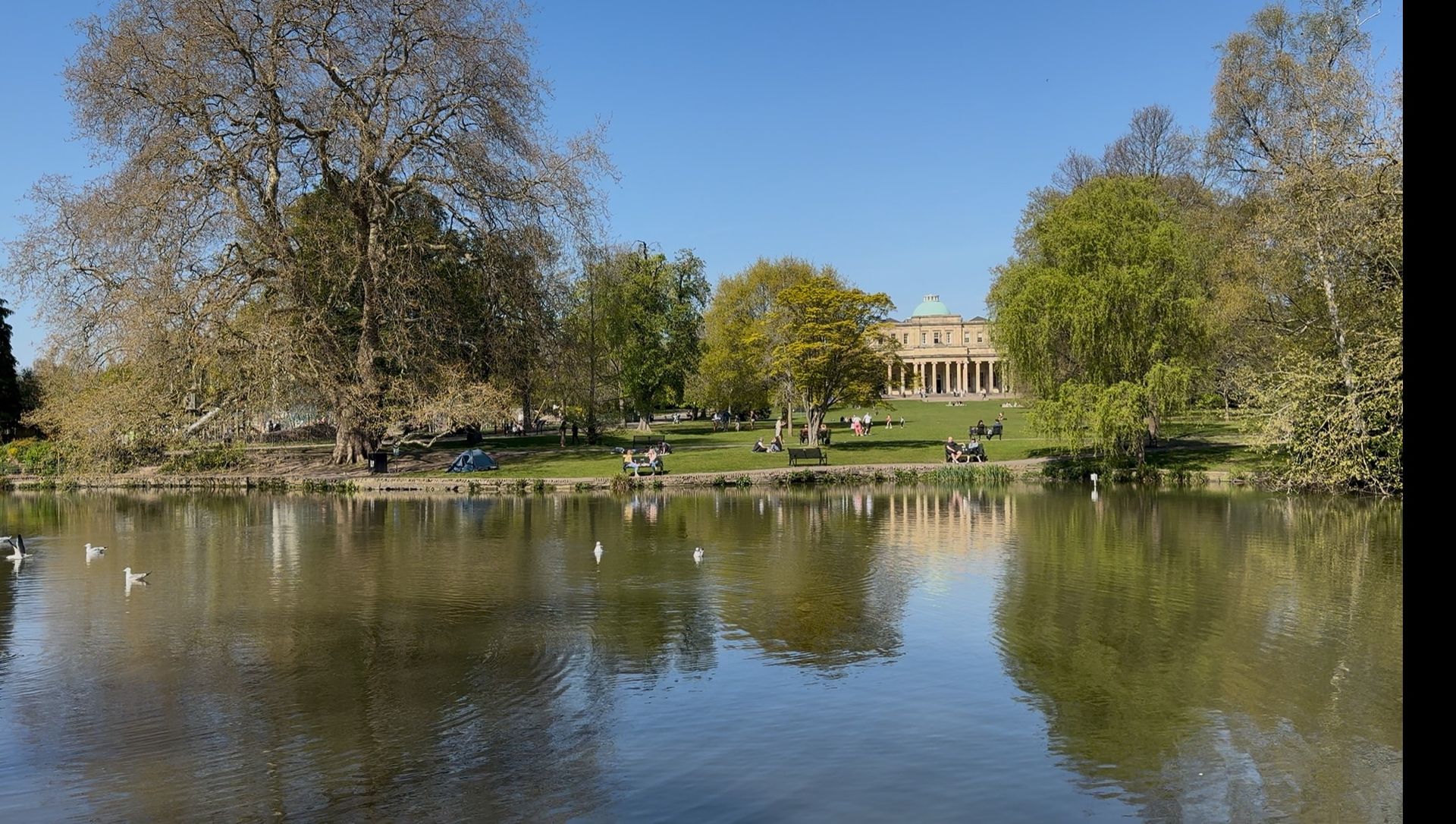
Mention Cheltenham to anyone and the chances are they will mention the Festivals, the racing or its regency architecture. However, being situated as we are in the heart of Cheltenham, one thing that stands out is the abundance of green spaces in and around the town.
Here is our pick of Cheltenham's Green Spaces.
Sandford Park
The tiny River Chelt, which takes its name from the town, flows through Sandford Park. The park is most well know for its ornamental water features and fountains. Floral displays are set around Unwin’s Fountain, and clipped topiary features guard the entrances.
The park is perfect for a morning stroll or a relaxed spot to read. Sandford Park is one of seven parks in the town to have recently retained Green Flag Status, an international quality mark for green spaces.
Walking Time: Approximately 0.6 miles, just around 13 minutes’ walk from Neptune Apartments
Imperial Gardens
Located behind the Town Hall, these tranquil gardens feature flower-lined paths and flower beds featuring 25,000 bedding plants. The gardens have a historic charm, and are a quiet space to relax or enjoy a light snack outdoors. The garden’s historic iron railings are gradually being reinstated around the park.
Look out for the Holst Statue, which commemorates the fact that the composer was born in Cheltenham. Enjoy a drink in The Imperial Garden Bar, run by Cheltenham-based brewery Clavell & Hind.
Alongside one edge of the garden is the Quadrangle, which contains a coffee shop and bakery and three restaurants, including two of
our recommended restaurants in Cheltenham, Sef’s Steakhouse and The Nook. Imperial Gardens also comes to life with a number of events. In June and July, there is Art in the Park, a popular annual display of local artists' work. Imperial Gardens also plays host to several of the town’s Festivals.
Walking Time: Only about a 4-minute walk from Neptune Apartments.
Montpellier Gardens
A graceful, leafy park with tennis courts, a vibrant bandstand (which features live concerts during the summer), a café, and a playground. The park has an imposing Tree Walk, which has at one end the statue of King William IV (a grade 2 listed statue). The park also features the Jubilee seat created by Stroud Sculptor David John, to commemorate Queen Elizabeth’s Golden Jubilee.
Montpellier Gardens is also home to the Gardens Gallery an Elizabethan Proscenium style building which plays host to regular exhibitions by local artists.
A little-known historic fact about Montpellier Gardens is that it is where the first successful parachute descent in Britain took place. John Hampton jumped from a hot air balloon 6,000 feet in the air on 2nd October 1838.
Walking Time: Just a 8 minute walk from Neptune Apartments.
Pittville Park
Cheltenham’s largest ornamental park and arguably the jewel in the crown of Cheltenham’s green spaces, featuring lakes, the historic Pump Room, beautifully landscaped trails, and two superb self-guided tree walks. As well as having a Green Flag Award, the Park also has the prestigious Green Heritage accreditation.
Pittville Park is divided in two by Evesham Road. The eastern side is most well-known, being overlooked by Pittville Pump Room and with a vast children’s play area, including sand and a water play area, plus several aviaries where you’ll find birds and bunnies. On this side of Pittville Park visitors can enjoy refreshments from a kiosk next to the playground and Central Cross Cafe.
The second section of the park is much larger, here you’ll find the larger ‘lower lake’, also known as the boating lake, where you can fish during fishing season and as the name suggests hire a boat. This park also includes two smaller children’s play areas, tennis courts, a pitch and putt golf course, a skate park and a BMX park.
Refreshments can be purchased on the western side of Pittville Park from The Boathouse Cafe.
Pittville Park also hosts a very popular Park Run every Saturday morning.
Walking Time: The distance is around 1 mile (about 20 minutes’ walk), or take the Stagecoach bus route D or E from Clarence Street for a 4 minute journey.
Cleeve Hill
The highest point in Gloucestershire and the Cotswolds, this dramatic hill offers breathtaking views across Cheltenham and Cheltenham Racecourse, the Malvern Hills, and even into Wales. The hill is rich in wildflowers, wildlife, and geological interest
Cleeve Hill is a popular destination for walkers, home to a Site of Special Scientific Interest with a unique limestone grassland habitat, and is part of the Cotswold Way trail.
Near to the summit of Cleeve Hill is Belas Knap a Neolithic long barrow, as well as an Iron Age hill fort on the Western escarpment.
Cleeve Hill is also home to
Cleeve Hill Golf Club, where guests are welcome to play the 18 hole golf course that is ranked amongst the top 100 courses in the UK.
Cleeve Hill was also home to the first Cheltenham Racecourse between 1818 and 1840, although none of the remains are visible.
By way of a locals tip and if you are in need of refreshment, pay a visit to the
Rising Sun which has tables in front of the pub with great views.
Walking Time: About 4.4 miles, and a 1 hour 45 minutes walk from Neptune Apartments. Alternatively, there is roadside parking just off the Winchcombe road, an 11 minute drive, or you can catch the W Stagecoach Bus to Winchcombe from the bus stop by Primark.
Leckhampton Hill
Last but by no means least in our list of Cheltenham’s Green Spaces is Leckhampton Hill. A scenic nature reserve featuring steep woodland paths, dramatic views, geological features like the “Devil’s Chimney,” and abundant wildlife.
It's a popular destination for outdoor activities like walking, hang gliding, and rock climbing and is part of the Cotswold Way trail.
Areas on Leckhampton Hill have been designated as Sites of Special Scientific Interest due to the biological interest of the grassland and for its geological exposures. Historical features on the hill include a single rampart Iron Age hillfort and long barrow dating from 500 to 100 BC (although remains can be hard to spot when the grass is long). Old tramways criss-cross the hill from the days of limestone quarrying and the remains of kilns and quarries are still very much in evidence.
The hill supports a wealth of wildlife, including small mammals - foxes, stoats, badgers, and rabbits - and reptiles. Butterfly species include the Duke of Burgundy, Dark Green Fritillary, and Pearl Bordered Fritillary can be seen, and there is extensive birdlife, with buzzards and kestrels being regularly seen.
Walking Time: Around 2.9 miles and 1 hour 15 minutes walk. There are car parks on Daisy Bank Lane and Hartley Lane. You can catch the Pulhams Coaches L Service from the bus stop by Primark for a 13 minute journey to Leckhampton Hill.
We hope that this has wetted your appetite and given you more reasons to visit Cheltenham and stay at Neptune Apartments. You can view our apartments
here and you
book online here.

